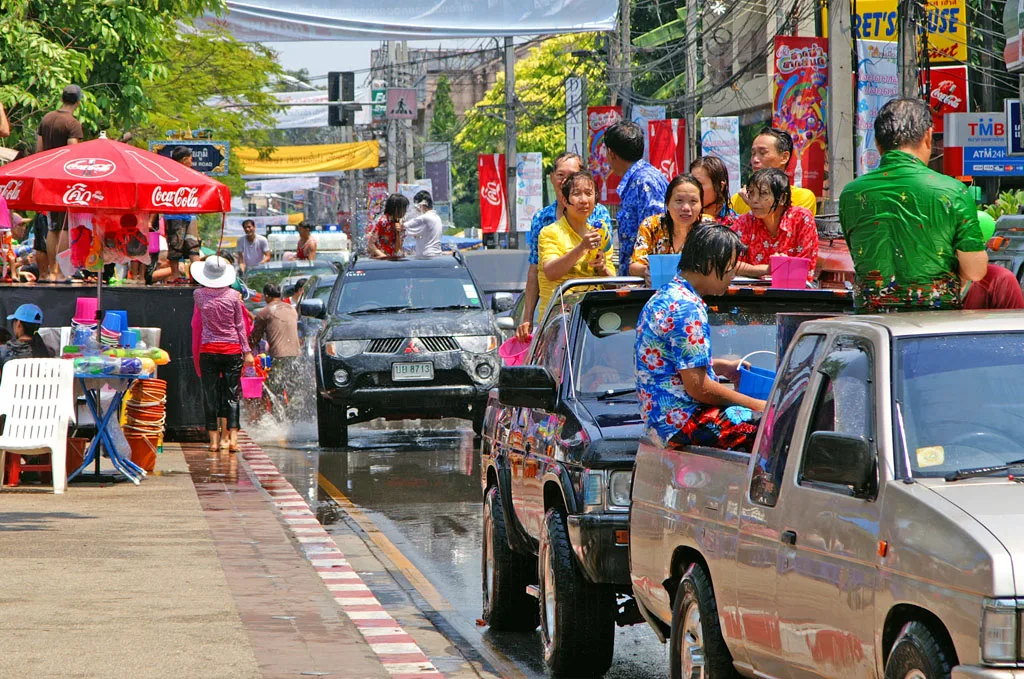Festivals are vibrant expressions of a community’s heritage and way of life, providing a fantastic avenue for cultural immersion. Around the world, certain festivals not only celebrate but also offer deep insights into local traditions and histories, providing attendees with a profound understanding of the area’s cultural dynamics. This guide explores some of the most culturally enriching festivals worldwide, where tradition and celebration converge.
1. Gion Matsuri – Kyoto, Japan

Time of Year: July
The Gion Matsuri, held in Kyoto, is one of the most famous festivals in Japan, renowned for its processions of magnificent floats known as Yamaboko. The event is a month-long festival that culminates in a grand parade. Originally a religious ceremony to appease the gods during an epidemic, the festival now serves as a showcase of Kyoto’s craftsmanship and community spirit, featuring traditional music, clothing, and public festivities.
2. Dia de los Muertos – Mexico

Time of Year: November 1st and 2nd
Dia de los Muertos, or Day of the Dead, is a profound Mexican festival that celebrates life and honors deceased loved ones. Unlike its somber Western counterpart, Halloween, Dia de los Muertos is marked by festive celebrations, colorful altars, and vibrant street parades. Participants create altars featuring marigolds, sugar skulls, and offerings to the deceased, integrating art, history, and philosophy of the native culture.
3. Songkran Festival – Thailand

Time of Year: April
Songkran is Thailand’s famous New Year festival, known for its exuberant water fights, a symbol of washing away the past year’s misfortunes. Originally, the water was used to cleanse Buddha images for blessings. Today, locals and tourists alike partake in this playful event, which also includes parades, traditional dance performances, and merit-making activities, reflecting the community’s spiritual life and family values.
4. Timkat – Ethiopia

Time of Year: January
Timkat is the Ethiopian Orthodox celebration of Epiphany and involves the blessing and baptismal reenactment of Christ’s baptism in the River Jordan. It is characterized by processions, music, dancing, and the dramatic ceremony of dousing attendees with water which symbolizes renewal. It’s a profound expression of religious devotion and community.
5. Carnival of Venice – Italy

Time of Year: February
The Venice Carnival is famed for its elaborate masks and costumes that transform the city into a spectacle of mystique and beauty. The festival dates back to the 12th century and originally allowed Venetians to transcend social order; today, it offers a glimpse into the city’s rich history of craftsmanship in mask-making and the decadent fashion of the Renaissance period.
Conclusion
These festivals provide a window into the souls of their respective cultures, offering immersive experiences that are both educational and exhilarating. Attending these festivals not only entertains but also enriches, giving deeper insights into the values, history, and customs of the communities.